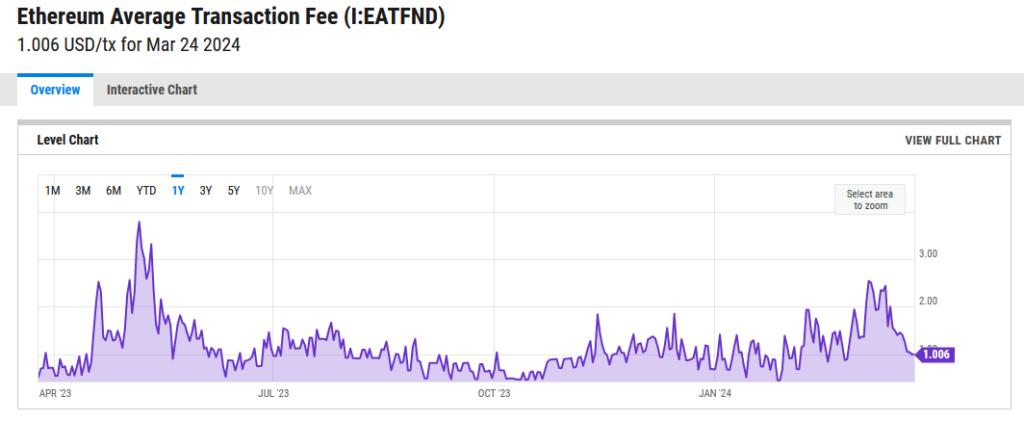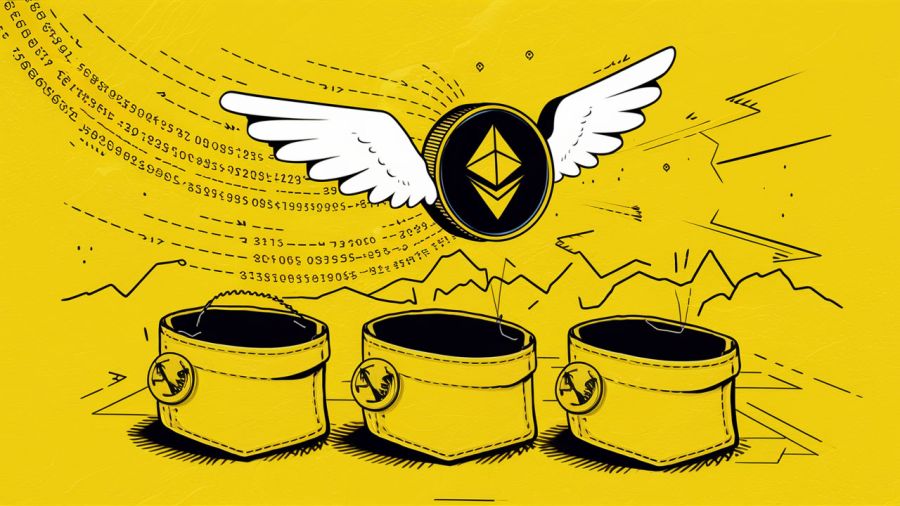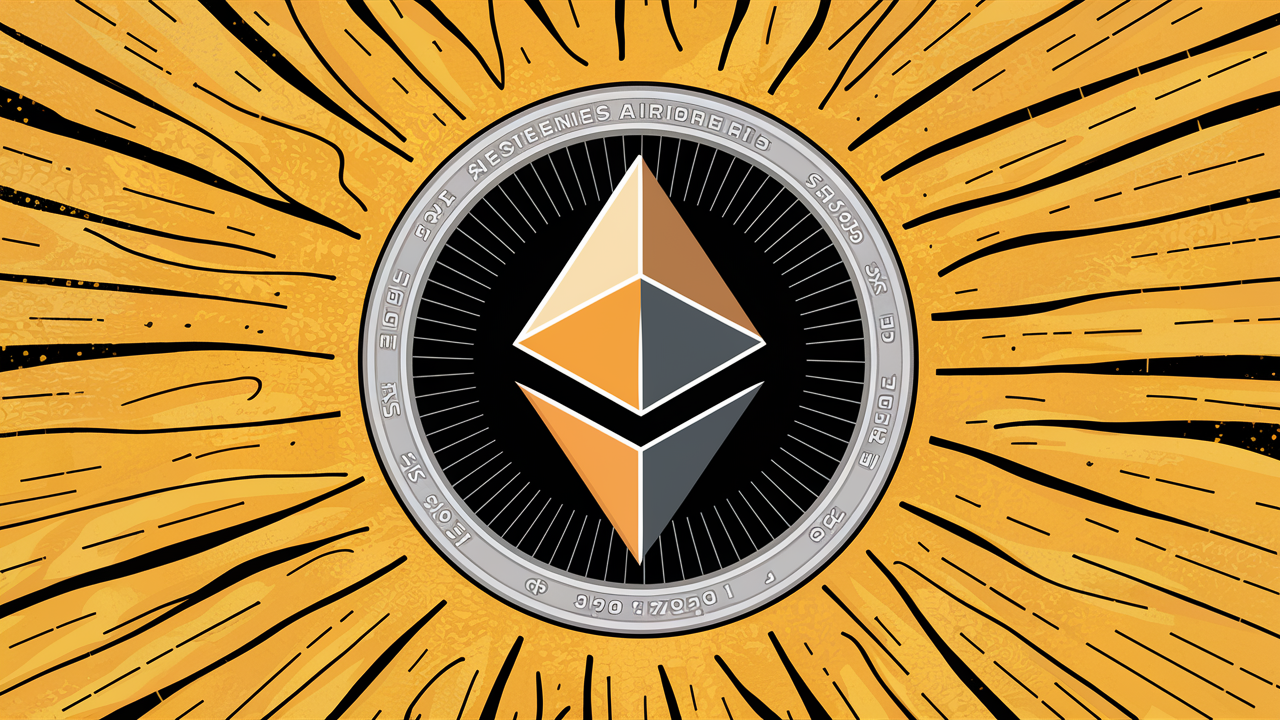Will Ethereum’s Dencun upgrade lower ETH fees?
CryptoPress
The Dencun upgrade on Ethereum is another step on the road to ETH 2.0 and is expected to have a significant impact on transaction fees, particularly for layer-2 networks. The upgrade aims to reduce transaction fees by introducing proto-danksharding, which allows for more efficient data storage through the use of blobs. This change benefits layer 2 networks like Arbitrum, Optimism, and Polygon, which can now post data to Ethereum more cost-effectively. As a result, transaction fees on layer-2 networks have already seen a substantial decrease, with fees falling by a factor of 10 in some instances.
The reduction in transaction fees following the Dencun upgrade is evident in the increased transaction volume on layer 2 networks like Arbitrum and Optimism. The data shows significant increases in transaction volume on these networks, indicating a positive response to the upgrade.
What is the current average transaction fee on Ethereum?
The current average transaction fee on Ethereum is $1.006 per transaction, and you can check it out here on the YCharts website:

What other improvements are included in Ethereum’s Dencun upgrade?
The Ethereum Dencun upgrade includes several improvements to solidify Ethereum’s infrastructure and enhance its scalability, efficiency, and security. Some of the key improvements include:
- Proto-danksharding: This feature introduces techniques for more streamlined data management and smarter contract security, making Ethereum run smoothly and cost-effectively for its users. It also supports Ethereum’s apps by keeping a log of summaries in a smart contract, making it easier to check on the consensus layer’s status.
- Improved staking: Dencun aims to improve the staking experience on Ethereum, with proposals like EIP-7044 and EIP-7045 simplifying the process of exiting and making attestations. EIP-7044 is expected to simplify earning rewards from Ethereum for those who prefer not to be full validators, while EIP-7045 makes it more user-friendly for users to participate in the network’s security.
- Scalability and efficiency: The Dencun upgrade prioritizes scalability, efficiency, and security through various Ethereum Improvement Proposals (EIPs).
- Lower processing costs: Efficient handling of transaction data via blobs leads to lower gas fees for users, potentially driving average transaction costs below $0.01.
- Increased throughput: EIP-4844 enables higher transaction throughput, potentially reaching speeds of up to 100,000 transactions per second (TPS).
- Facilitating Layer-2 solutions: The proposal is expected to benefit Layer-2 scaling solutions, such as rollups, by providing additional temporary storage space.
These improvements aim to make Ethereum a faster, more secure, and more scalable network while also addressing the blockchain trilemma of balancing security, decentralization, and scalability.
Overall, the Dencun upgrade is a crucial step towards making Ethereum more scalable and cost-effective for users, especially those utilizing layer-2 solutions. By optimizing data storage and enhancing transaction processing efficiency, the upgrade is expected to lower fees and improve the overall user experience on the Ethereum network.
© 2024 Cryptopress. For informational purposes only, not offered as advice of any kind.
Latest Content
- REZ Airdrop: Increased Rewards and Early Access for Community
- Philippines Traders Fair 2024: Where Ambition and Expertise Unite
- Crypto Market Update: April 25, 2024
- Renzo’s Restaked ETH Depegs to $700: DeFi Platforms Gearbox and Morpho Face Liquidations
- Crypto Market Update: Insights and Trends for April 23, 2024
Related
- Countdown to Ethereum 2.0 The countdown to Ethereum 2.0 has started....
- What is the metaverse? The crypto Metaverse is a decentralized network of multiple blockchains and digital assets....
- What is Bitcoin’s Taproot upgrade? The decentralized currency market has been growing steadily over the last few years. As the first and major cryptocurrency, Bitcoin (BTC) is now widely used by investors who want to maintain total control of their own funds. But there is...
- How Bitcoin Transactions Work Transactions are the most important aspect of the Bitcoin network. Everything else is built and organized in such a manner that transactions can be effectively sent, validated, and confirmed. Transactions are made up of inputs and outputs; inputs are what...





